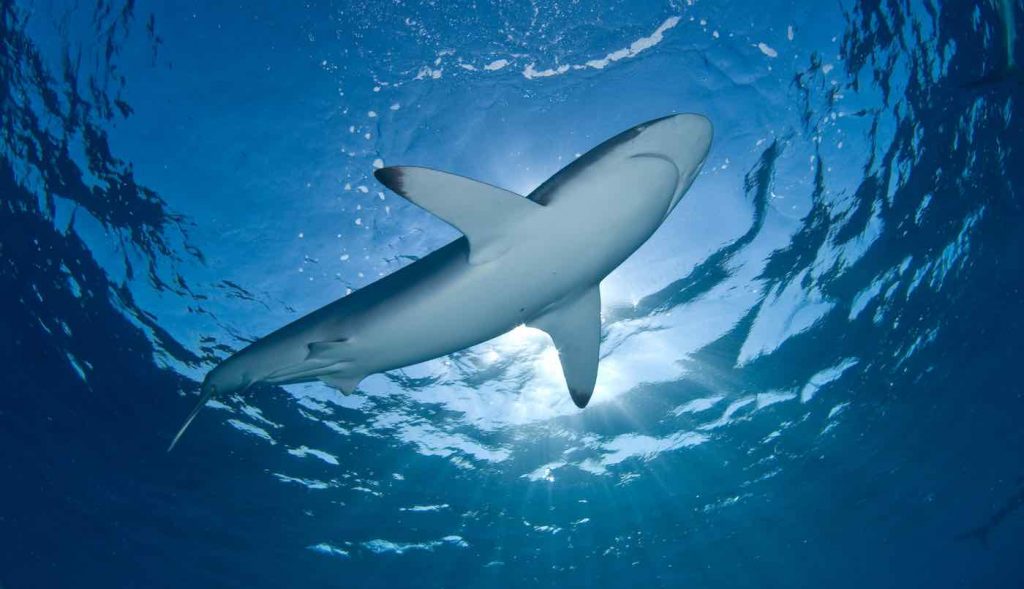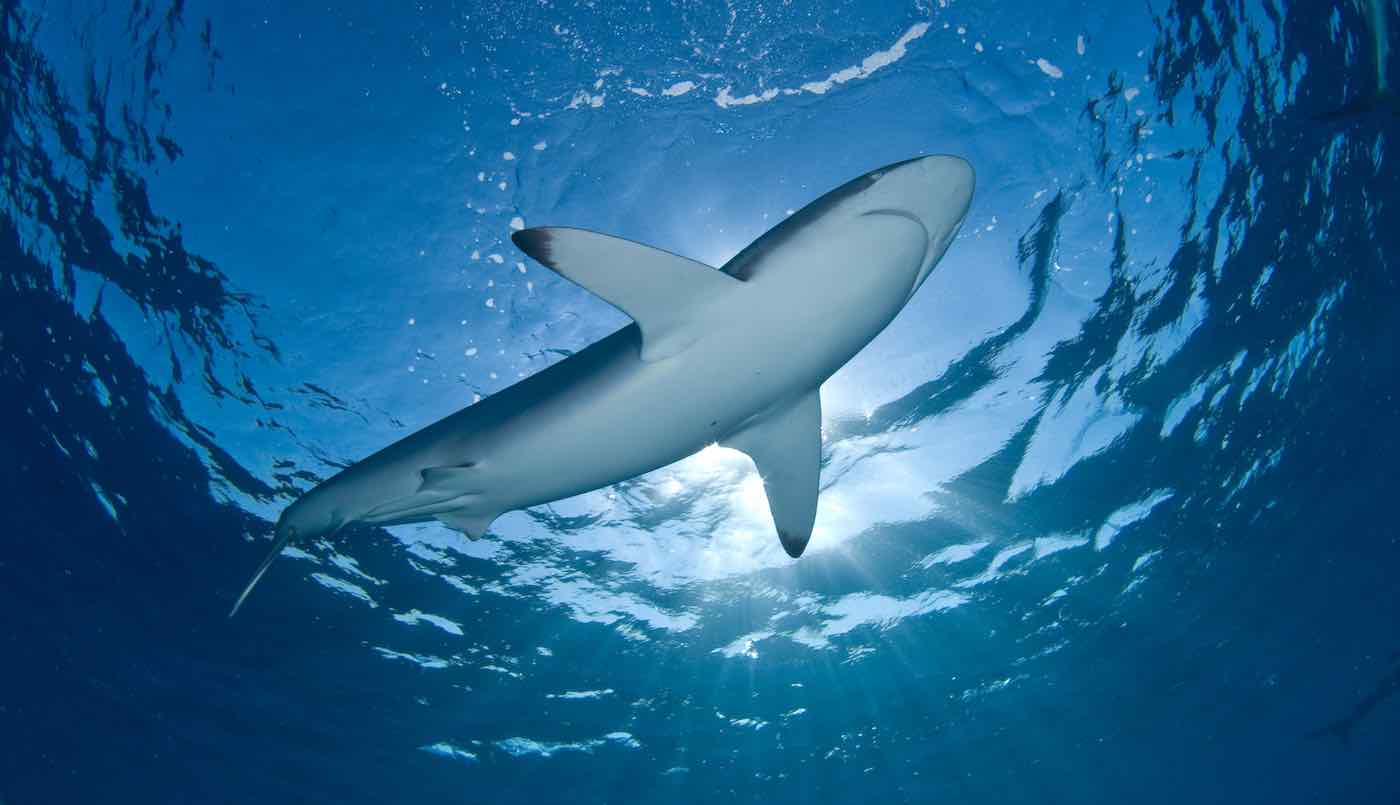
Last month, a modernized Fisheries Act became law in order to set the stage for rebuilding the abundance of fish in Canada’s oceans.
For the first time since its inception in 1868, rebuilding plans are now required for depleted fish populations. The Act also ends the import and export of shark fins in Canada.
These changes, among others, unlock tremendous potential for renewed ocean health.
“Today is a great day for our oceans. The overhauled Fisheries Act has the potential to be one of the most transformative things that has happened for our oceans in many years,” says Oceana Canada Executive Director Josh Laughren. “We thank Fisheries Minister Wilkinson and former Fisheries Minister Dominic LeBlanc for prioritizing rebuilding fish populations. The Act now lays a strong foundation to support healthy oceans for generations to come.”
CHECK OUT: World’s Second Largest Coral Reef Has Just Been Removed From Endangered List
Around the world, the catalyst for fishery recovery—and the social, cultural and economic benefits that come along with it—has been a legally binding requirement to rebuild fish populations and prevent them from becoming depleted.
In Canada, only 34% of fish populations are healthy while more than 13% are critically depleted. Of 26 critically depleted stocks, only five have rebuilding plans. The Act’s new provisions should change this, mandating that rebuilding plans be created for all fish populations in the critical zone, with the target of rebuilding them to sustainable levels.
“Rebuilding fish populations can increase revenue and jobs in coastal communities. The United States has some of the most stringent and effective legislation in the world mandating fisheries rebuilding. It has successfully rebuilt a total of 45 fish stocks resulting in more resilient ecosystems and greater economic opportunities for the fishing industry,” says Laughren.
The Act also bans importing and exporting shark fins in Canada. Fins from as many as 73 million sharks end up in the global shark fin trade every year, including many endangered species. Canada has been the largest importer of shark fins outside of Asia.
“Billions of people worldwide depend on our oceans for their food and livelihood. By rebuilding its fisheries, Canada is helping lead the way toward healthier, more sustainable, and more resilient oceans,” said Michael Bloomberg, the UN Secretary-General’s Special Envoy for Climate Action.

“This is a huge victory for sharks and for the many Canadians, advocacy groups and politicians who joined together to champion the ban of this cruel practice,” says Oceana Canada Campaign Director Kim Elmslie. “We applaud everyone’s efforts, including Senator Michael MacDonald and MP Fin Donnelly who initiated and championed the private members bill calling for a ban.”
LOOK: Adidas Test to Sell Shoes Made of Ocean Plastic Was So Successful, They’re Going Even Further
The Act’s amendments also uphold the rights of Indigenous Peoples and recognize Indigenous knowledge; incorporate modern fisheries management practices, such as the precautionary and ecosystem-based approaches; restore important habitat protection measures; and feature a clear purpose to manage and control fisheries.
Oceana Canada worked closely with Fisheries and Oceans Canada, First Nations, advocacy groups, fishers and others to bring the changes to the Act to fruition and will continue to advocate for fisheries rebuilding in Canada.
It’s Not Hard To Sea That You Should Share The Good News With Your Friends…




















